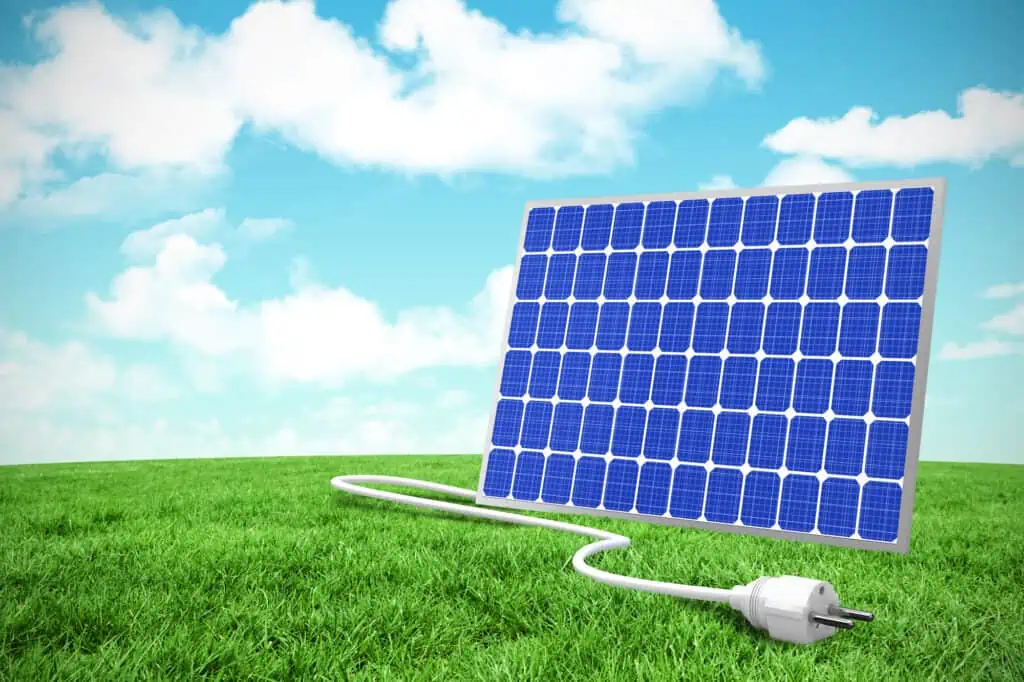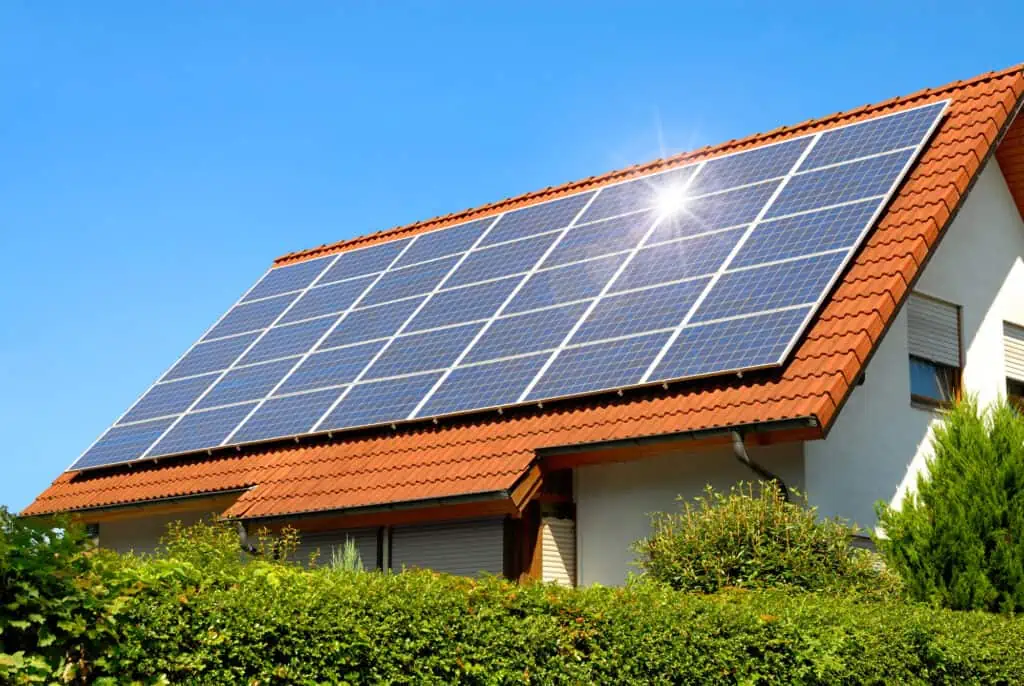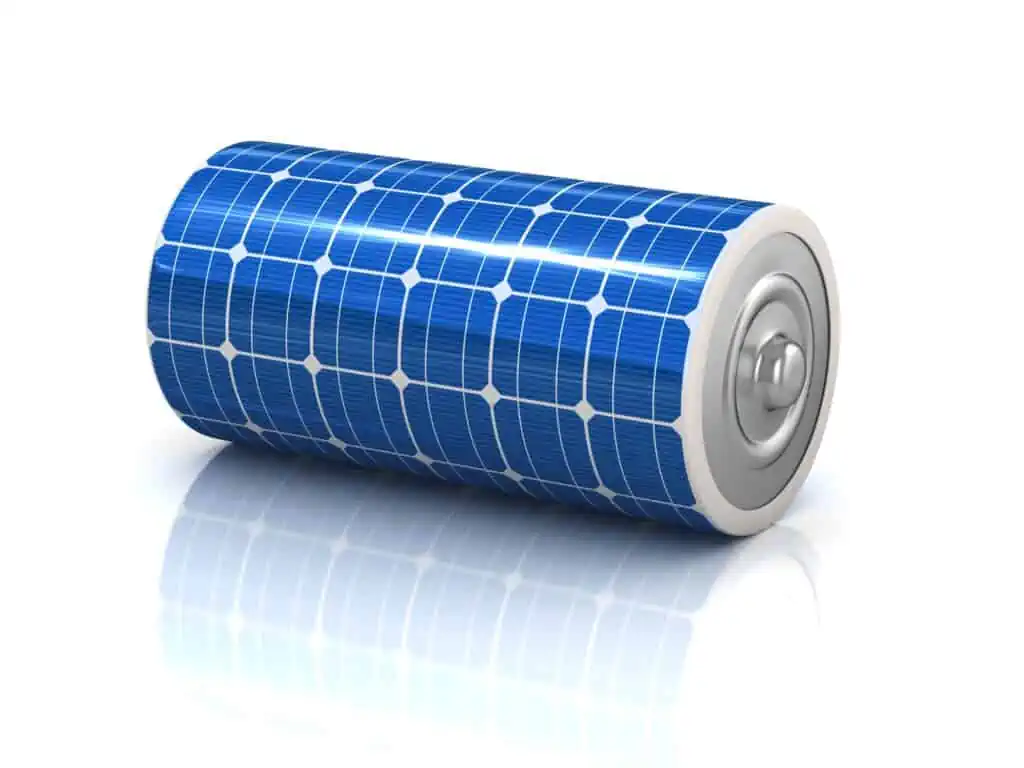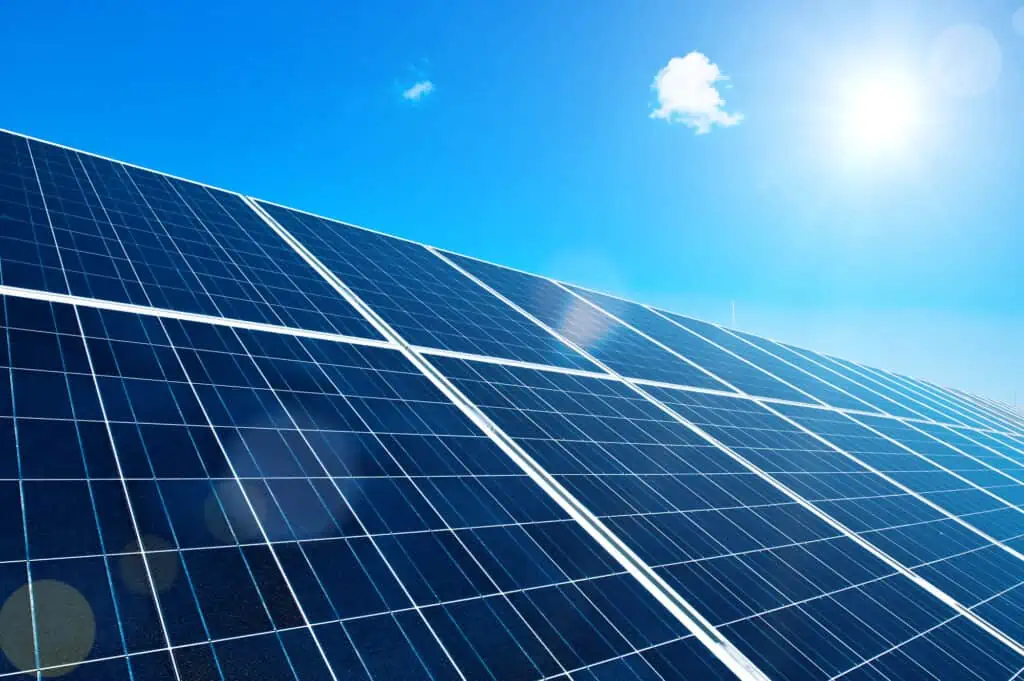Ever thought about the time to charge a solar panel? If you’re considering switching to solar power or having energy panels installed, it’s vital to know the charging time.
The length of time it takes for a solar panel to charge depends on several factors. These include the size of the panel and the amount of daily sunlight it receives.
In this article, we’ll answer the question, “How long does it take a solar panel to charge?”
We’ll explore the different factors that affect charging time. We’ll also provide you with a better understanding of how solar batteries work.
Contents
- 1 Importance of Understanding the Charging Time of Solar Panels
- 2 Solar Panels and Charging Time
- 3 Average Charging Time of Solar Panels
- 4 Different Solar Battery Options and Their Charging Time
- 5 Effect of Solar Panel Temperature on Charging Time
- 6 Is It Possible to Accelerate the Solar Charging Process?
- 7 What Is the Duration of Solar Charge Time? Finding the Answer You Need.
Importance of Understanding the Charging Time of Solar Panels
Understanding the charging time of light energy systems is equally important as owning them. It plays a crucial role in the efficiency and effectiveness of solar energy systems. Below are some reasons why it’s important to understand the charging time of energy panels.
Optimal Performance of Solar Panels
Knowing the amount of sunlight your solar energy system receives daily is crucial for optimal performance. Panels charge faster and produce more electricity in the right sun exposure.
You can use this information to choose the best location for solar panel installation to maximize efficiency and output.
Prevent Overcharging of Solar Panels
Overcharging of solar energy systems occurs when the battery is at maximum capacity. At that point, excess electricity generation can cause damage to the panels and batteries, leading to a shorter lifespan.
To prevent overcharging, it’s important to understand the charging time of your solar energy system. So you can plan your energy usage accordingly to avoid further charging.
Battery Capacity
Differing battery capacities will require different charging times. Knowing the charging time of energy panels helps determine your battery’s specifications.
Thus, you can select the perfect battery with the right capacity for your solar energy system. This will improve the charging speed and maximizes battery efficiency.
Cost Savings
Investing in solar energy systems is expensive, but they will provide cost savings eventually.
Once you’ve installed the panels right and understand their charging time, you can achieve lower energy bills. Understanding this charging time lets you schedule your energy use so that it corresponds with your panels’ peak output.
You will get the most benefit when using the energy generated during peak hours instead of the time when there is less energy available.
Solar Panels and Charging Time
Factors Affecting Charging Time
One of the most common questions people have about energy panels is how long it takes for them to charge. The answer to this question depends on a few different factors.
Below are some of the things you should consider when trying to determine how long it will take for your solar panel to charge:
1. The Position and Tilt of Your Solar Panels
The amount of sunlight your solar energy system receive plays a significant role in its charging efficiency. The ideal position for solar energy systems is to face south, as this maximizes their exposure to the sun’s rays.
Additionally, the angle of your panels plays a role in how efficiently they charge. If your panels are mounted at an angle that’s too steep or too shallow, they won’t receive maximum exposure to the sun’s rays. So, you’ll need to adjust their tilt angle accordingly.
2. Weather Conditions
Solar energy systems can generate more electricity on sunny days thanks to increased sunlight. Even during periods of cloudier weather, they will keep charging your batteries.
But keep in mind that if overcast skies become prolonged in your area, your panels may not be able to achieve full charging capacity.
3. The Size of Your Solar Array
The larger your solar array, the more electricity it generates and charges your solar batteries. The size of your solar array depends on factors such as your energy consumption, the number of panels you want to install, and your budget.
4. The Battery Capacity
The battery capacity of your solar energy system determines how much energy it can store and how long it can power your home or business.
If you need your solar energy system to charge quickly, install a battery with a large energy capacity.
Larger batteries store more energy, so you can easily use them during power outages or when your power needs increase.
5. The Quality of Your Solar Panels
There are many solar energy systems on the market, and their quality varies. High-quality solar panels produce more electricity than their cheaper counterparts. In turn, they charge your solar batteries more efficiently.
So, investing in high-quality solar panels may result in faster charging times and, ultimately, more savings.
Average Charging Time of Solar Panels
The time to charge a solar generator varies based on a few factors, taking anywhere from an hour and a half to a maximum of 48 hours.
Most energy panels are designed to charge a battery, which can then be used to power various electronic devices or appliances. The charging time for the battery will depend on its capacity and the amount of charge it currently holds.
For example, a 100Ah battery with a 50% depth of discharge may take around 9 peak sun hours to fully charge with a 100-watt solar panel.
Different Solar Battery Options and Their Charging Time
A variety of solar battery types are available on the market, and each has its unique charging time.
Understanding the different types of batteries and their charging times can help you determine which one is right for your needs.
Lead-acid Batteries
Lead-acid batteries follow the CCCV charge method. This involves regulated current to increase the voltage up to upper charge limits. Full charging can take 12 to 16 hours (or even 36 to 48 hours for stationary batteries).
But multi-stage methods and higher currents can shorten it to 8 to 10 hours.
Note: Lead-acid batteries cannot charge as rapidly as other systems.
Lithium-ion Batteries
Lithium batteries are a game-changer. They charge in just around 4 hours and outperform other batteries.
Also, they’re lightweight with high energy density, making them perfect for various applications. They’re ideal for powering solar energy systems, medical equipment, or electric vehicles.
They offer performance, durability, and compatibility.
Effect of Solar Panel Temperature on Charging Time
The temperature of a solar panel can have a significant impact on its charging time. As the temperature of the panel increases, its efficiency decreases, which means that it takes longer for the panel to charge.
This is because the heat causes the electrons in the panel to move more slowly. This reduces the amount of energy that can be generated.
Is It Possible to Accelerate the Solar Charging Process?
Yes, it is possible to accelerate the charging process of a solar panel. There are a few ways to do this:
1. Increase the size of the solar panel.
The larger the solar panel, the more energy it can generate. This means a larger panel can charge a battery faster than a smaller one.
2. Use multiple panels.
By connecting multiple solar panels together, you can increase the amount of energy that is generated. This can significantly reduce the time it takes to charge a battery.
3. Use a solar panel with a higher wattage rating.
The solar panel wattage rating refers to the amount of power it can generate. A panel with a higher wattage rating will be able to charge a battery faster than one with a lower rating.
4. Optimize the angle and position of the solar panel.
The angle and position of the solar panel can have a big impact on its performance. By ensuring proper panel placement and angling it towards the sun, you can maximize energy output. This, in turn, will reduce the charging time.
5. Keep your solar panel clean.
Dirt, dust, and debris can block direct sunlight from reaching the solar cells, which reduces the amount of energy the panel can produce. Clean your solar panel regularly to ensure it’s operating at maximum efficiency.
6. Use a solar charge controller.
A charge controller helps regulate the flow of energy from your solar panel to your battery. This can prevent overcharging and extend the life of your battery.
7. Use energy-efficient appliances.
If you’re charging appliances or devices with your solar panel, make sure they’re energy-efficient. This will help you get the most out of the energy your solar panel produces.
8. Monitor your battery.
Keep an eye on your battery’s charge level, and don’t let it get too low. If your battery is running low, it will take longer to charge, which can reduce the overall efficiency of your solar panel.
What Is the Duration of Solar Charge Time? Finding the Answer You Need.
The solar panel charge time will depend on several factors, including the wattage of the panel and the amount of sunshine available.
There are ways to increase how fast and efficiently your solar panel charges. These include utilizing charging controllers or installing additional panels in parallel.
Having an idea of how long an individual panel takes to charge is vital for proper planning and operation.
Be sure to also research local ordinances that may affect your installation. Also, look into any energy incentives you may qualify for to get the most out of your solar power system.
With all this information in mind, you’ll have everything you need to begin exploring renewable energy solutions!
Learn more about how solar panel systems work. Visit Solar Comparison’s page for more details and resources.
Contact us so you can start conserving energy today with solar panels!




